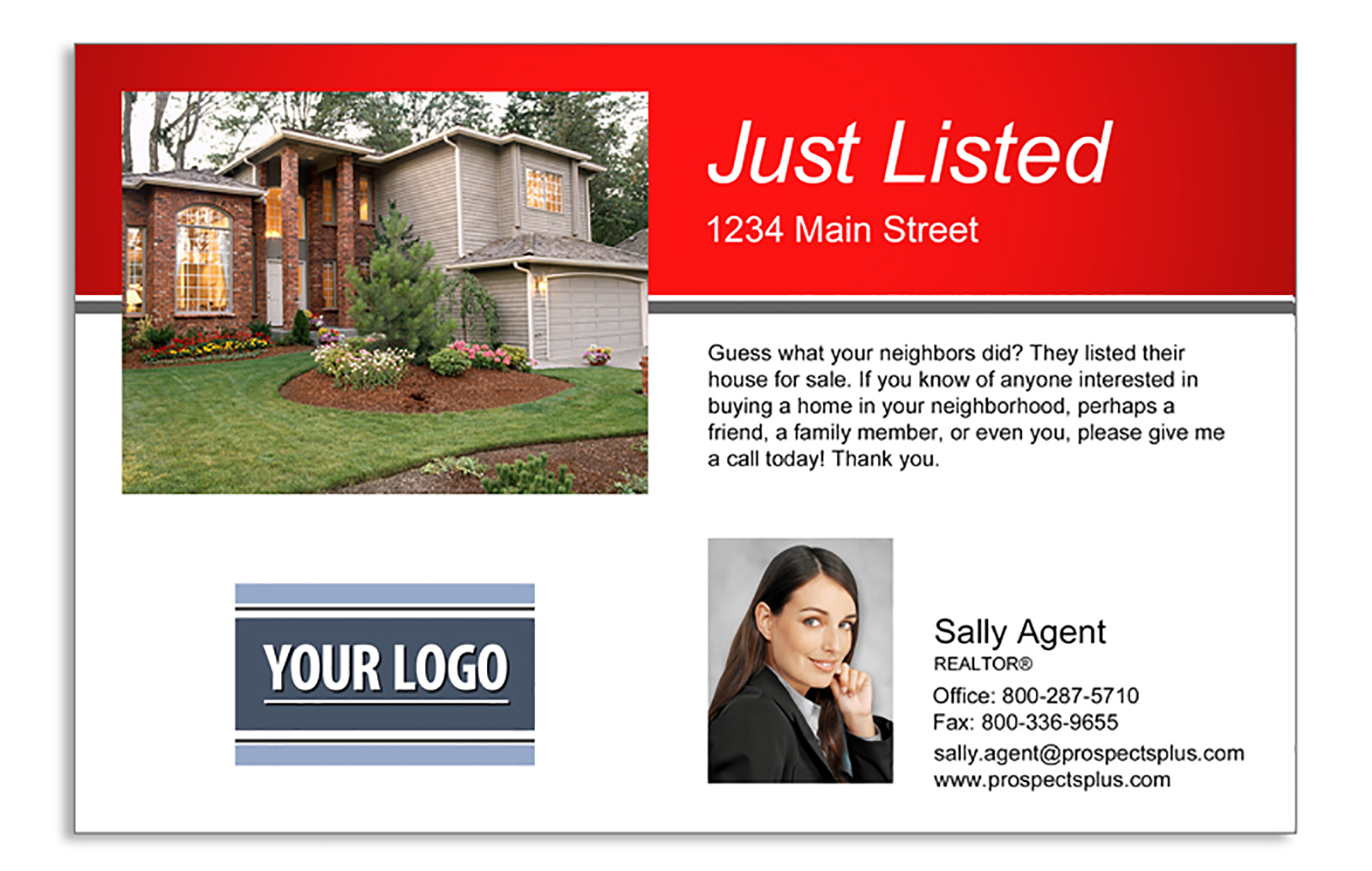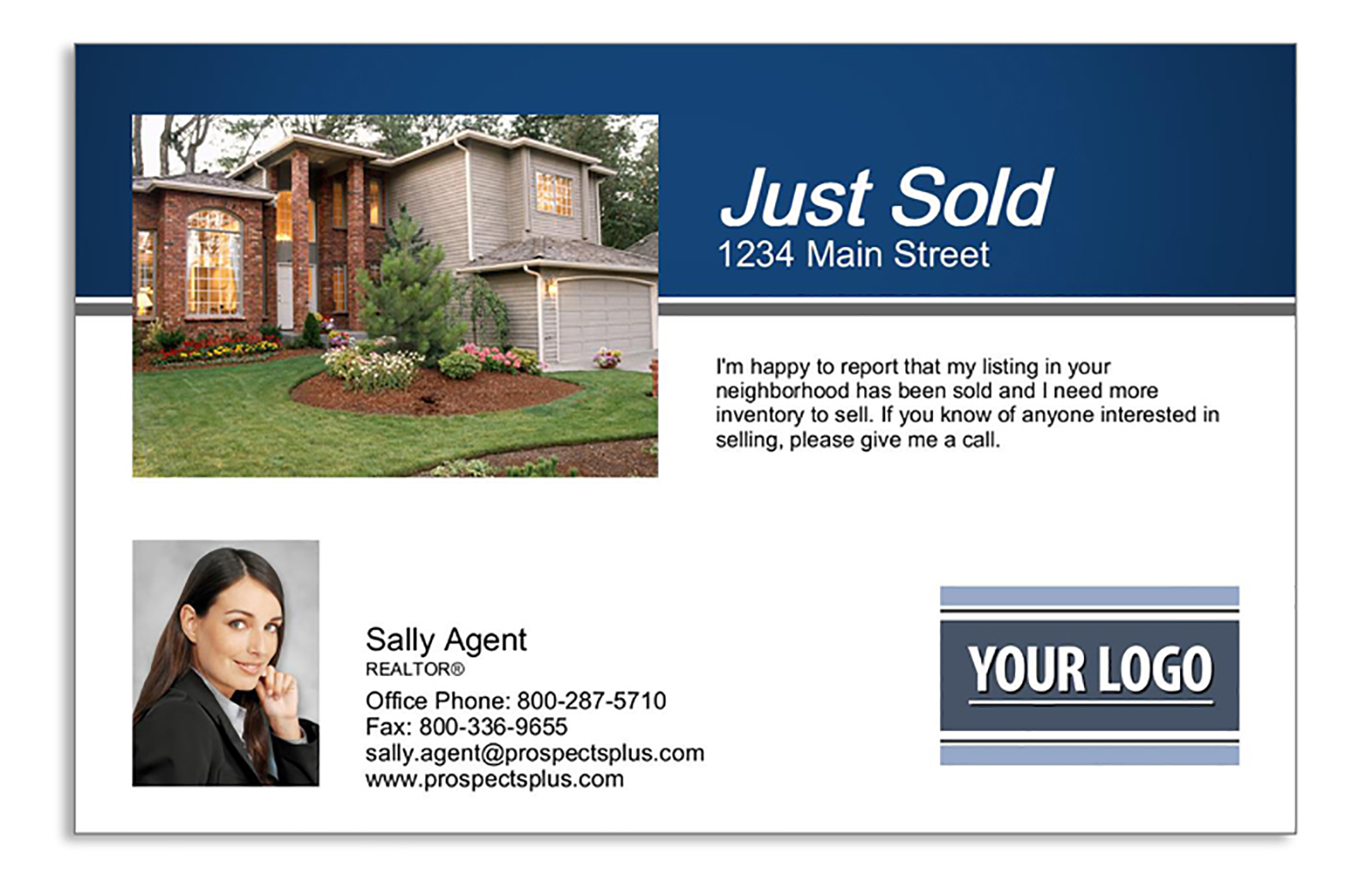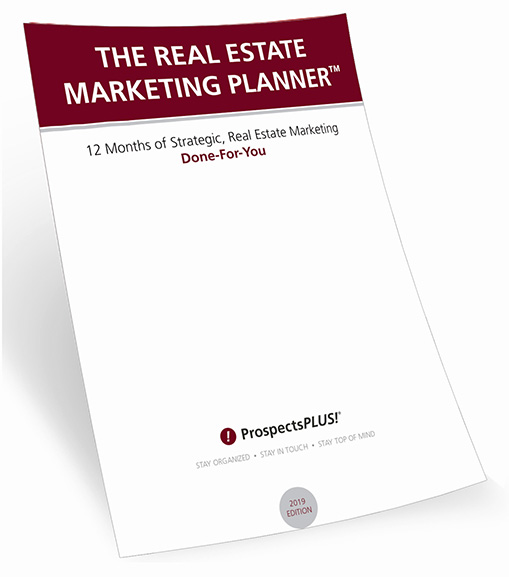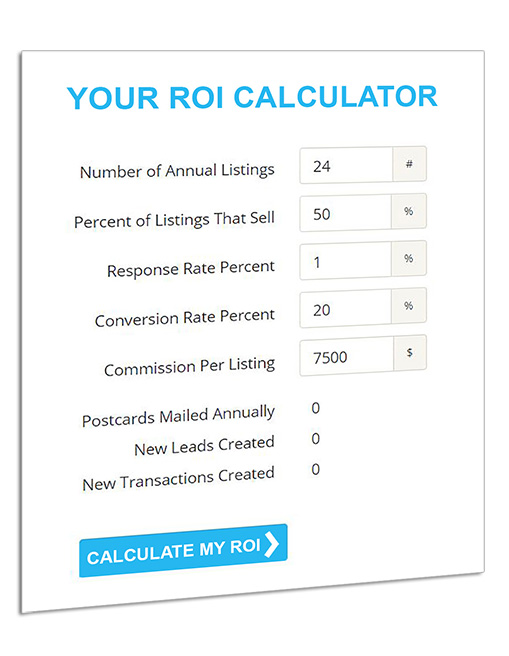Using keywords has gotten technical. Gone are the days when “real estate agent in [your city]” could help you capture interest. Nowadays, it is more important to cast a smaller net, niche down your keywords, and find those folks who intend on transacting soon. Enter keyword intent.
What Is Keyword Intent?
As you know, keywords are the words and phrases people type into search engines like Google. However, not all keywords are created equal. Keyword intent is about understanding the reason behind a search query.
Why is someone searching with that specific term? This is the intent. And it gives you something to aim for to provide them the answer.
There are three main types of keyword intent:
- Informational Intent
- Navigational Intent
- Transactional Intent
Understanding these different types helps you know what your potential clients are really looking for. How to use keyword intent in your real estate business So, how do you put this into practice? Let’s break it down.
-
Identify the searcher’s intent
First, figure out what kind of intent matches your target keywords. Are people looking for information, trying to navigate to a site, or ready to take action?
Here’s a quick way to identify intent: The pros at SEMRush.com offer a great example of the differences between the three types of keywords/keyword phrases:
- “Informational keywords are search queries used by people who want to learn something . . .
- Navigational: Searchers want to find a specific site or page
- Transactional: Searchers want to complete an action (e.g., make a purchase)”
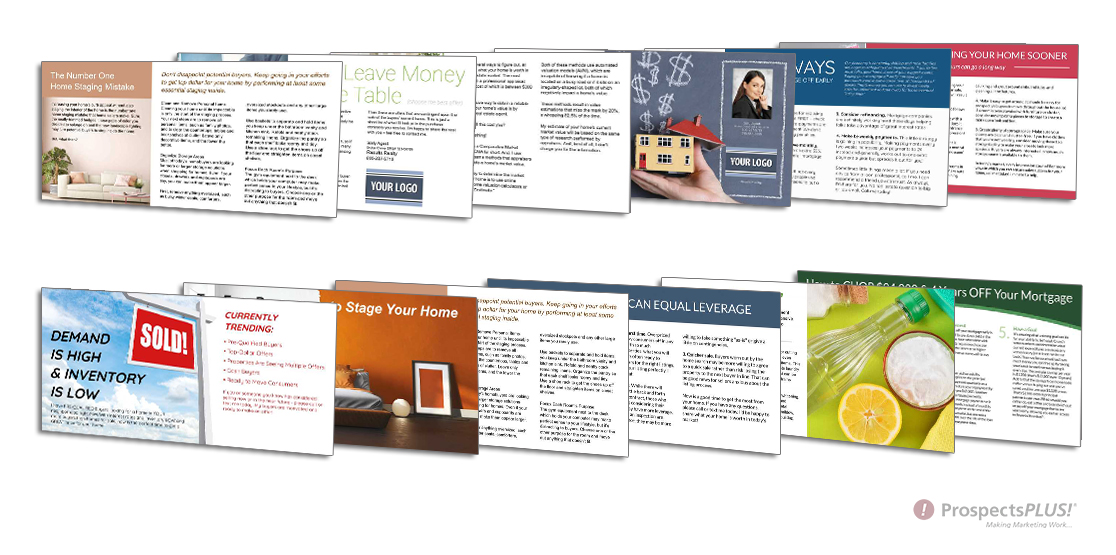 The Content Card Series is shown above. To learn more, Click Here.
The Content Card Series is shown above. To learn more, Click Here.
-
Create targeted content
It’s pretty safe to say that most real estate agents who are trying to generate leads will need to target the transactional searcher. These are the ones ready to take action soon. But don’t disregard the other two types of content.
- Informational Content: Write blog posts, guides, and how-to articles that answer common questions. Example: “10 Tips for First-Time Home Buyers.” Or sellers.
- Navigational Content: Use your brand name and specific services to guide users to the right place. Example: “Visit [Your Real Estate Company] for Lakefront Property Listings.”
- Transactional Content: Focus on listings, service pages, and calls to action. Make it easy for potential clients to take the next step. Example: “Browse Homes for Sale in [Your City].”
-
Optimize Your Website
Make sure your website is optimized for the keywords you choose. Use them in your page titles, headers, and meta descriptions. This helps search engines understand your content and match it with the right search intent.
-
Use in your advertising and marketing
When creating online ads, match your keywords with the right intent. For instance, if you’re targeting transactional intent, use strong calls to action like “Contact Us Today” or “Schedule a Viewing of this Gorgeous Home in [name of town].”
-
Monitor and adjust, as needed
Keep an eye on how your content performs. Use tools like Google Analytics to see which keywords are bringing in traffic and what kind of engagement they’re getting. Adjust your strategy based on what works best.
Bringing it all together
Understanding keyword intent isn’t just a fancy marketing term; it’s a powerful tool to help you connect with the right clients at the right time. And that “right time” is when they’ve decided that it’s time to buy or sell.

2. The Free 6-Month Done-For-You Strategic Marketing Planner
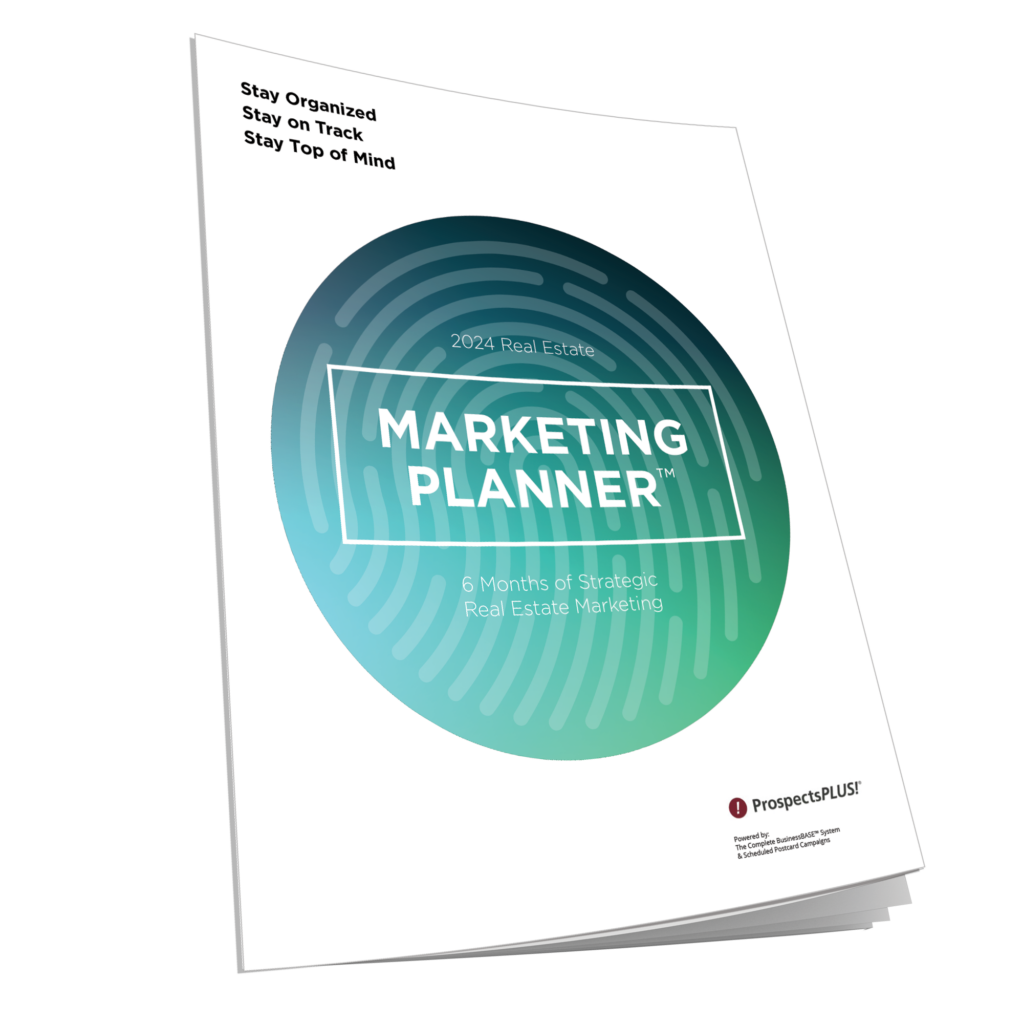
The Real Estate Marketing Planner is a powerful 6-Month Guide that strategically defines what marketing to do and when. Four key market segments include niche Markets, geographic farming, sphere of influence, and past clients. – Click Here
3. The Free Online Real Estate Business Plan
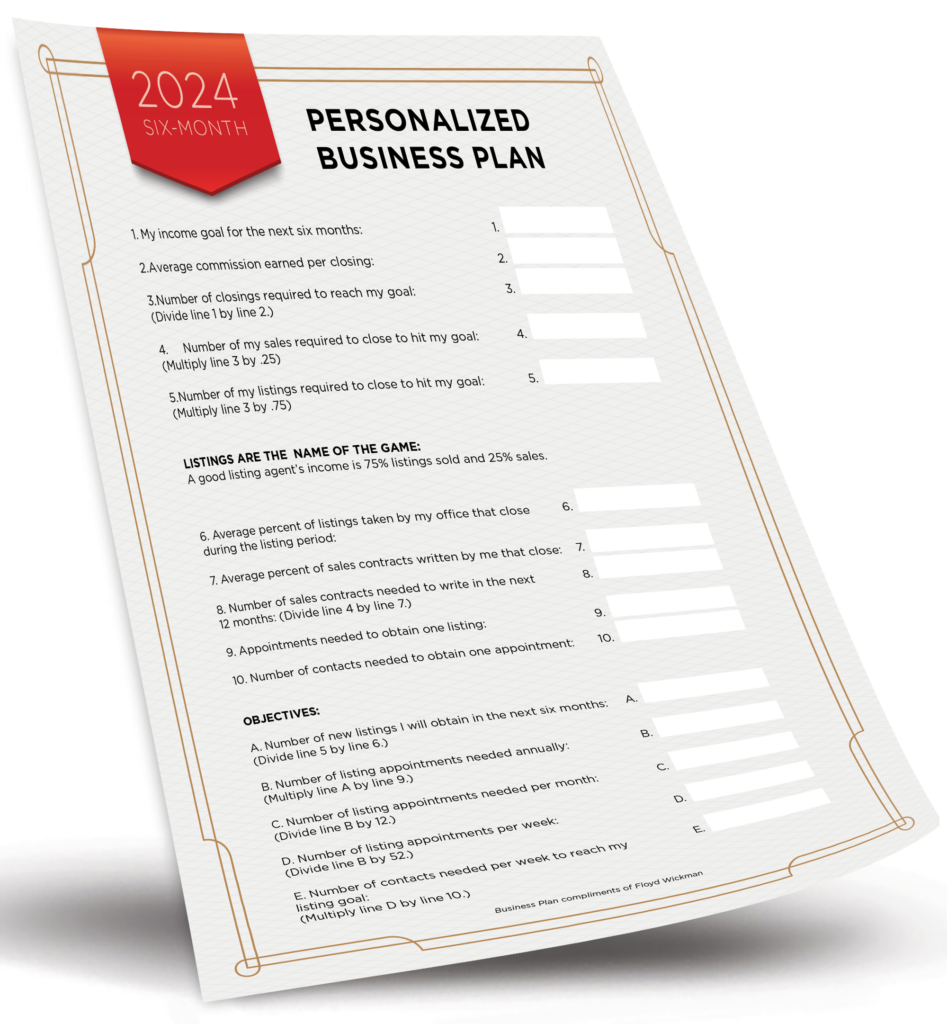
The Real Estate Business Plan allows you to enter your business goals for the year and get a breakdown of how many prospects, listings, closings, and so on are needed to reach your financial goals. – Click Here
4. The Become a Listing Legend Free eBook
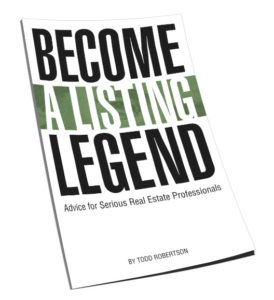
Ready to take a vertical leap in your real estate career? If you’re looking for inspiration…and the tools and methods to dominate a market and go to the top in real estate…you’ll find them in this free book. – Click Here



